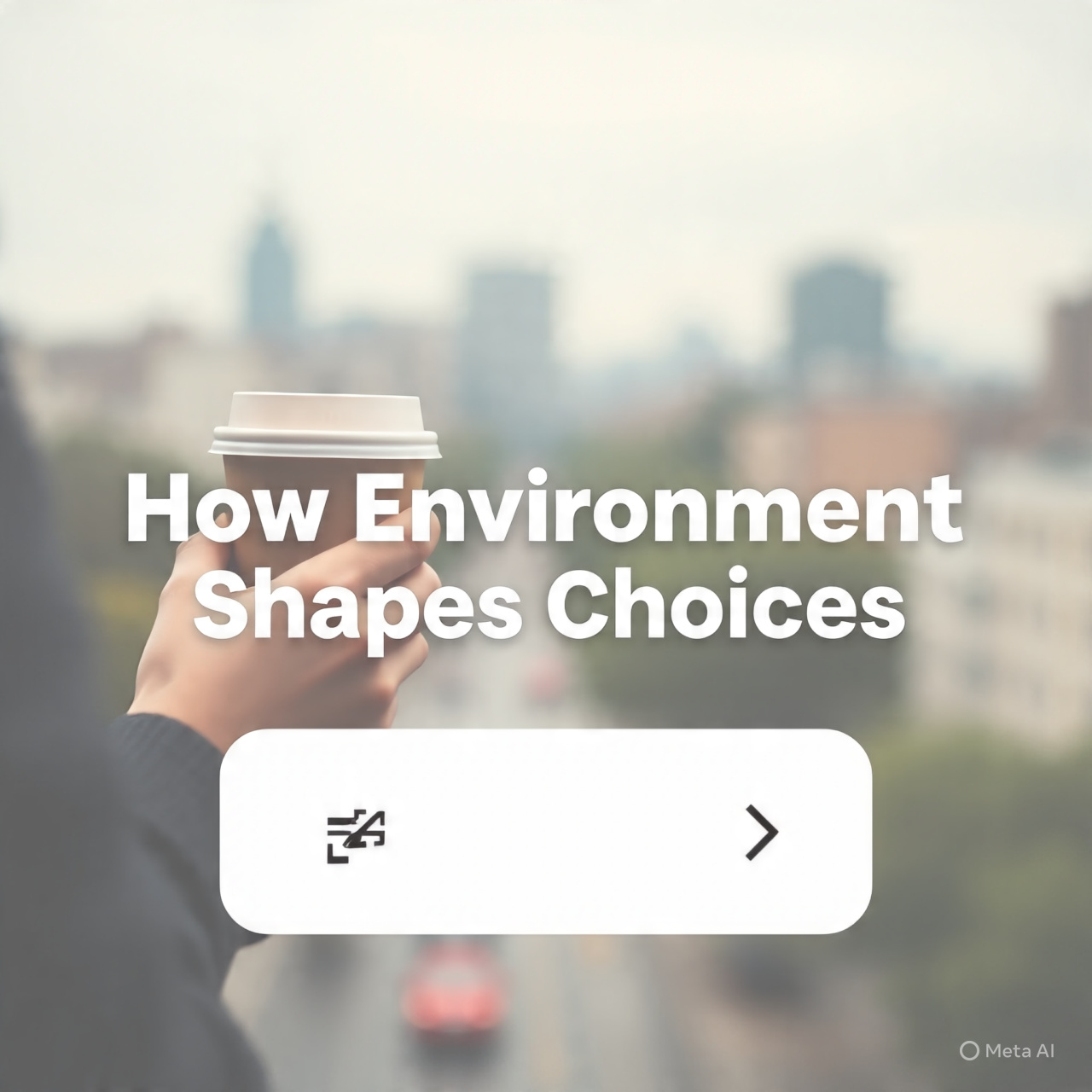Tips & Support
Why More Choices Mean Less Clarity
Why More Choices Mean Less Clarity
By Admin
Related Topics

10 Red Flags to Spot a Scam Website
Scam websites are becoming smarter all the time in this digital era nbsp What used to be clearly phony websites......
Read More

How Environment Shapes Choices
Have you ever wondered why you purchase stuff you don t need or fell for deals that seem too good......
Read More

Deal Timing Guide
Have you ever purchased anything and then seen it go on sale a few days later nbsp Or hurried into......
Read More

Uncovering T and C Scams
When we see extensive convoluted Terms amp Conditions T amp Cs most of us just click I agree without thinking......
Read More

10 Red Flags to Spot a Scam Website
Scam websites are becoming smarter all the time in this digital era nbsp What used to be clearly phony websites......
Read More
How Environment Shapes Choices
Have you ever wondered why you purchase stuff you don t need or fell for deals that seem too good......
Read More
Deal Timing Guide
Have you ever purchased anything and then seen it go on sale a few days later nbsp Or hurried into......
Read More
Uncovering T and C Scams
When we see extensive convoluted Terms amp Conditions T amp Cs most of us just click I agree without thinking......
Read More


